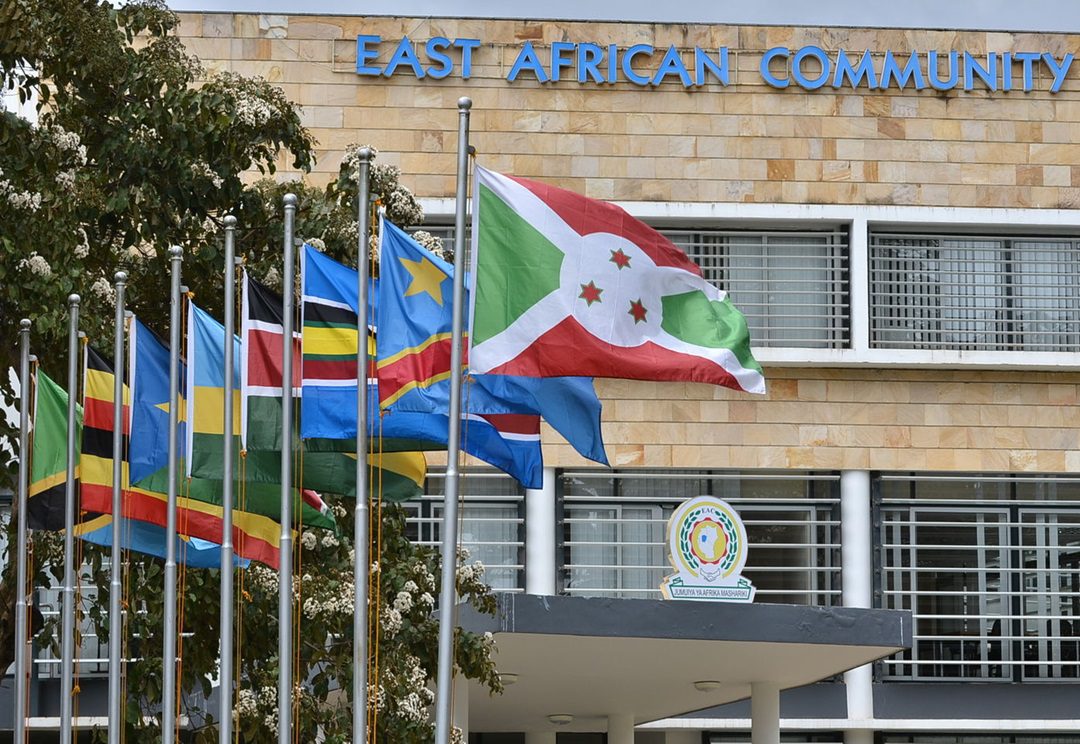
Fuliza’s bells and whistles have unfortunately been plagued by unforeseen consequences for folks who regularly use M-PESA services (doesn’t everybody use the mobile money product on the daily though?), a development that has seen users take drastic measures to ensure that any funds that go through their M-PESA wallets are not used to regularize the facility. Would have the measures been avoided by using other services, like taking a loan from a friend? Sure. But at what cost owing to the fact that people only use Fuliza if other options are not viable? Well, let’s dig in.
M-PESA recipients are issuing warnings before receiving funds
You and I, or a person close to us has at one time warned that their M-PESA wallet has Fuliza, and cannot receive funds intended for a given task/project/payment. Let’s be open about this because the frequency at which these warnings are given is growing day by day, and does not appear to slow down as more people learn about Fuliza, and our inherent addiction to similar services such as online loans. The outcome? Well, the culprits are using their neighbour’s devices to receive funds, and where the person next to you has a Fuliza ‘loan’…
People are purchasing new SIM cards
This is may not be as frequent, but I know a couple of folks who have two or more SIM cards or have purchased another one to avoid the Fuliza regularization net. The purchase is obviously necessitated by the need to avoid refunding their Fuliza expenditure due to other more pressing matters. Understandably, these hide and seek games are unavoidable because unlike loan services, any money sent/deposited in your overdrawn wallet will regularize Fuliza (if it is less than the amount overdrawn) or pay it fully plus the interest. This was purposely done to qualify Fuliza ‘a not a loan’ product; loans are flexible as you can pay them at the time agreed upon by the lender, save online microloans offered by the likes of Equity Bank that are serviced as soon as you deposit funds in your account (without you authorizing the payments).
People are wiping dust off their secondary mobile money services (T-Kash, Airtel Money, PesaLink, Equitel)
Maybe you have not redirected your mobile money services to the likes of T-Kash or Equitel or the Airtel Money, but I know I have because at one time, yours truly was not ready to pay what he owed to Fuliza for obvious reasons. T-Kash, for instance, coexists with M-PESA; the products charge the same fees for multiplatform transactions, which comes in handy for recipients who are wary of the associated transaction fees.
Can this development grow the revenues of other mobile money products? Probably not, but it the limitations of Fuliza has forced some people to explore other solutions. We are not sure if the revenues Safaricom makes from Fuliza surpass the ‘insignificant’ exodus to competing mobile money services to make the telco brush off the introduction of a structured payment model.
Funds wrongfully sent to overdrawn accounts will not be reversed
It is worth noting that Fuliza is regularized as soon as an M-PESA account is replenished with funds. This implies that should you send money to a wrong number (that has been overdrawn), then you cannot get those funds back unless the recipient clears the facility and hopefully refunds the cash wrongfully sent to them. This, however, does not solve the inconvenience therein, and in some cases, recipients can disappear into thin air and there is nothing you can do about it unless you involve the Police.
Luckily, the existence of Hakikisha should massively reduce chances of sending money to an unintended recipient, so there is that.
Bottom line
No one is in a position to advise you against using Fuliza because in most cases, it comes in handy in addressing emergencies. However, we need to be wary of its unforeseen consequences, which can limit your ability to use mobile money services. Of course, if you can furnish the overdraft in a timely manner, then go ahead and help yourself out. Contrastingly, you may need to think twice before Fuliza-ing because non-payment comes at a much bigger cost.
























